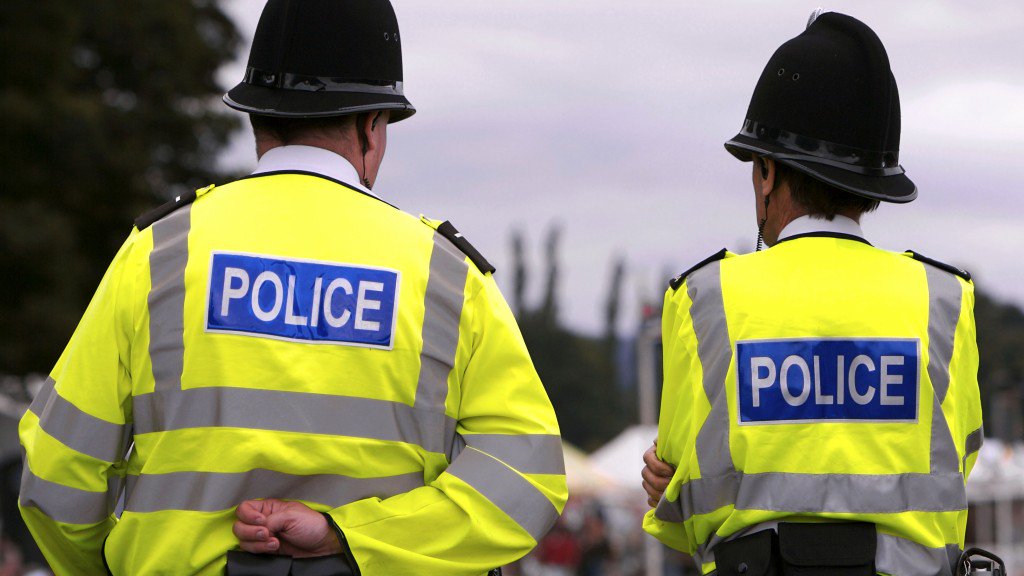Less people prosecuted for homophobic hate crimes despite rise in victims, say new figures
West Yorkshire and South Yorkshire Police had the most dramatic rises in homophobic hate crimes
By Steve Brown

Words: Steve Brown
Fewer people are being prosecuted for homophobic hate crimes despite a rise in victims coming forward, according to new figures.
Figures obtained by a Freedom of Information request found that homophobic hate crimes in the UK have been on the rise year on year with around 5, 807 in 2014-2015 to 13, 530 in 2018 and 2019.
However, the BBC reported that during the same period, the number of people prosecuted for the homophobic hate crimes have fallen from 1, 157 to 1, 058 – around 20 per cent of all reports to just eight per cent.
The National Police Chiefs’ Council said these cases often involved a lack of witnesses and evidence.
West Yorkshire and South Yorkshire Police had the most dramatic rises in reports of homophobic hate crime.
West Yorkshire rose from 172 to 961 over the past five years while South Yorkshire increased from 73 to 375.
Out of all the recorded crimes, around four per cent in West Yorkshire ended with a charge or a summons – a drop from 19 per cent over the same period.
South Yorkshire also saw a considerable drop in outcomes with charges and summons falling from 10 per cent to three per cent.
Not only was West and South Yorkshire high on the number of hate crimes. Both London’s Metropolitan Police and Greater Manchester Police – Britain’s largest police forces – saw an increase.
The Met reportedly saw reports rise from 1, 561 in 2014 and 2015 to 2, 315 in 2018 and 2019 while cases that ended in charges or summons fell from 246 to 165 in the same period.
GMP saw a rise from 423 to 1, 159 with charges falling from 82 to 50.
A Met Police spokesman said: “Many of these non-violent offences present less evidential opportunities and victims often feel that there is a barrier between bringing the matter to court and prefer to make police aware of each offence.”
A spokesman for the National Police Chiefs’ Council said: “Unfortunately, with many cases, there are often no witnesses to these crimes and scarce evidence – this may lead to police being unable to identify a suspect.”
